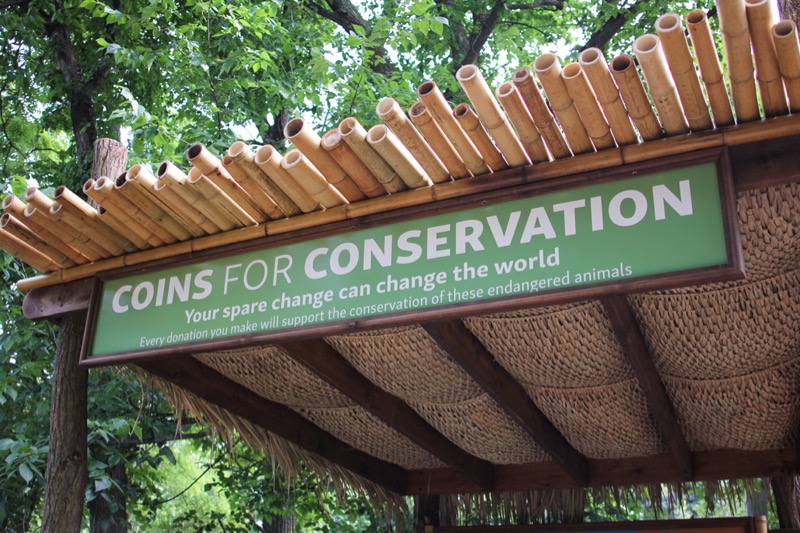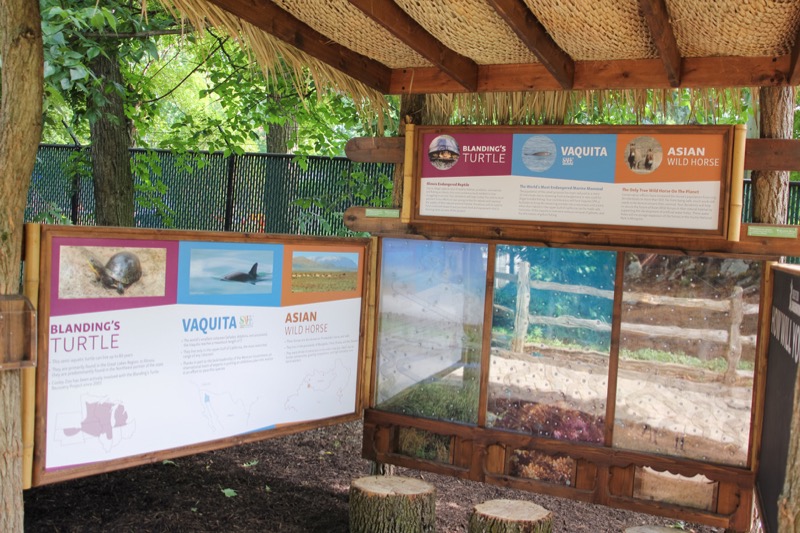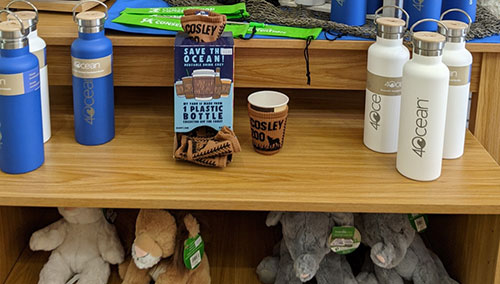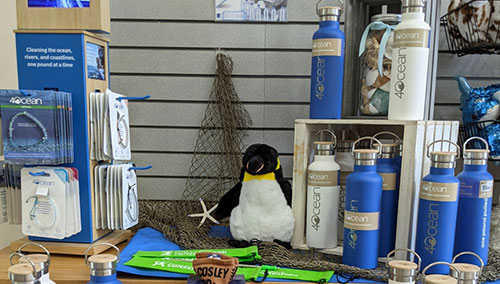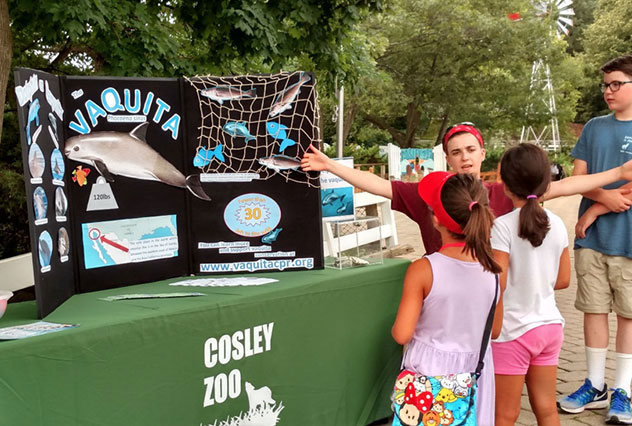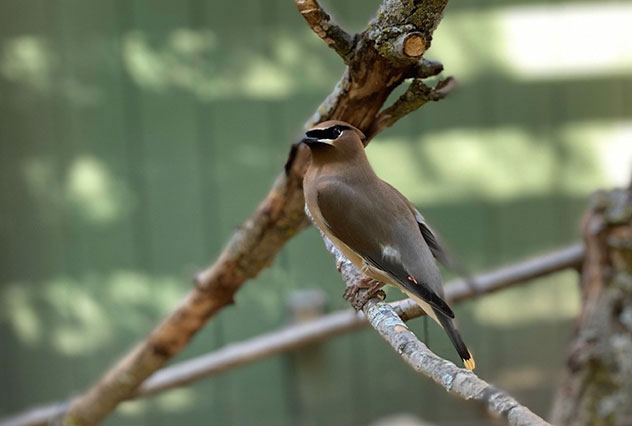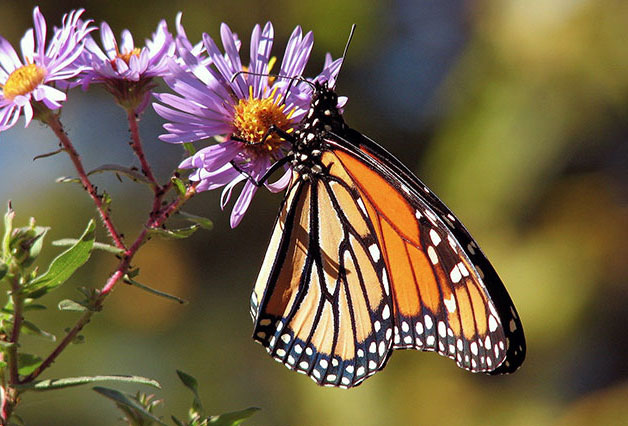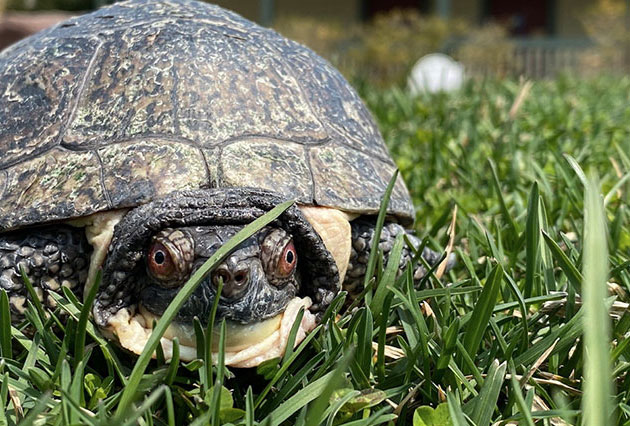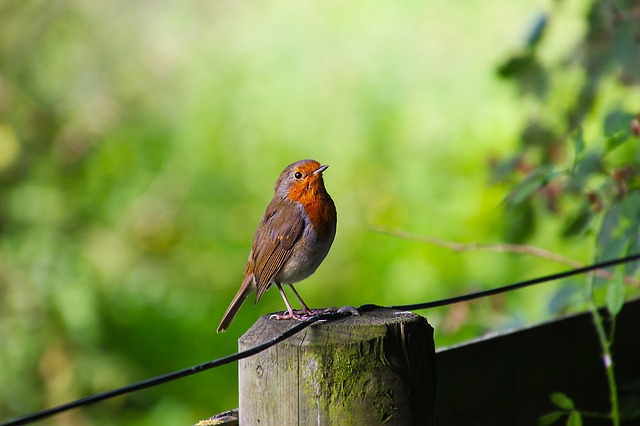Conservation
Conservation is a key component of Cosley Zoo’s mission.
We demonstrate our commitment to conservation on a daily basis by participating in environmentally friendly practices such as recycling, using a rain barrel to collect water for plants, re-purposing materials rather than buying new ones, minimizing plastic waste by providing plastic bags and straws to guests on request only, and installing energy-efficient lighting. We also participate in several large-scale conservation initiatives.
Secure donation portal at kindful.com opens in new window and is best viewed using Chrome, Firefox, Edge and Safari web browsers.
AT THE ZOO
COINS FOR CONSERVATION
Your support can change the world.
Stop by and visit the Coins for Conservation Display at Cosley Zoo and donate your spare change to help support conservation efforts for these endangered species, or make a donation here.
AFRICAN PENGUIN
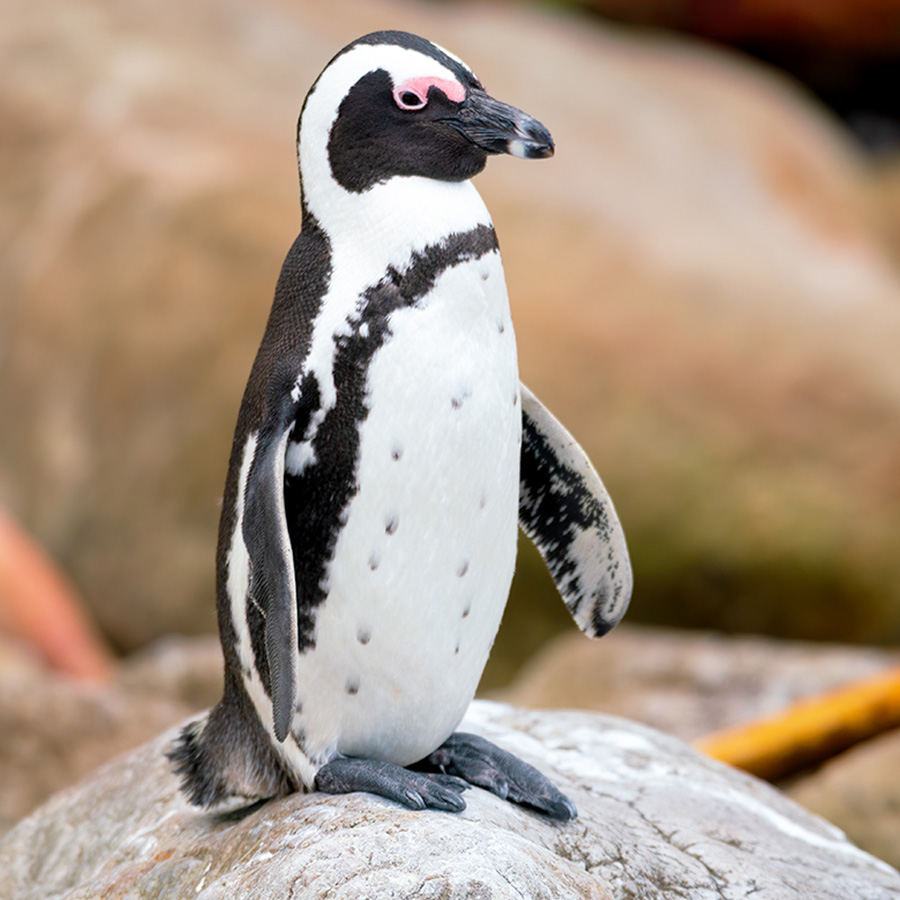
© 2017 David Cook
Africa’s only penguin species
Once numbering in the millions, African penguin populations have plummeted to less than 42,000 individuals. Overfishing, habitat degradation, and disasters (oil spills, disease outbreak, etc.) have contributed to this significant decline. Association of Zoos & Aquariums (AZA) facilities have joined forces to help the African penguin by developing various initiatives, from improving disaster response protocols for oil spills to constructing artificial nests.
BLACK-FOOTED FERRET
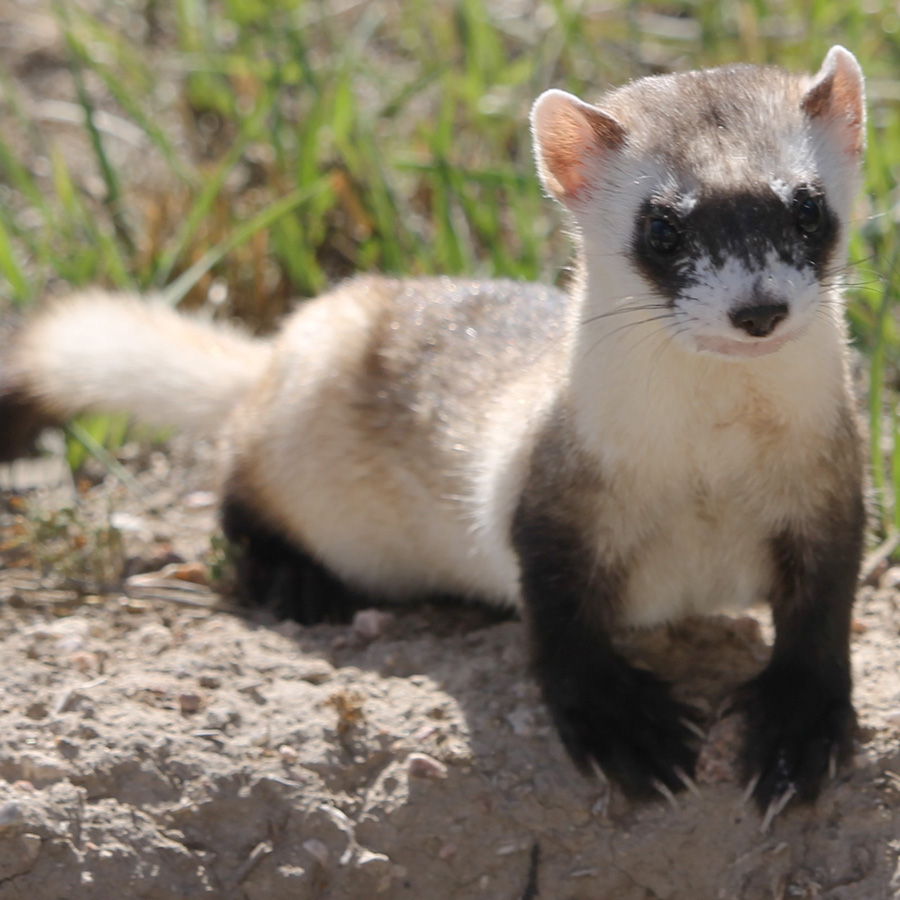
One of the most endangered mammals in North America
Through the collective resources and expertise of Association of Zoos & Aquariums (AZA) accredited institutions, the Saving Animals from Extinction (SAFE) black-footed ferret program aims to repopulate the black-footed ferret, so it is no longer an endangered species. This is being accomplished through targeted conservation projects, increasing public awareness, and raising funds in support of black-footed ferret conservation.
BLANDING’S TURTLE
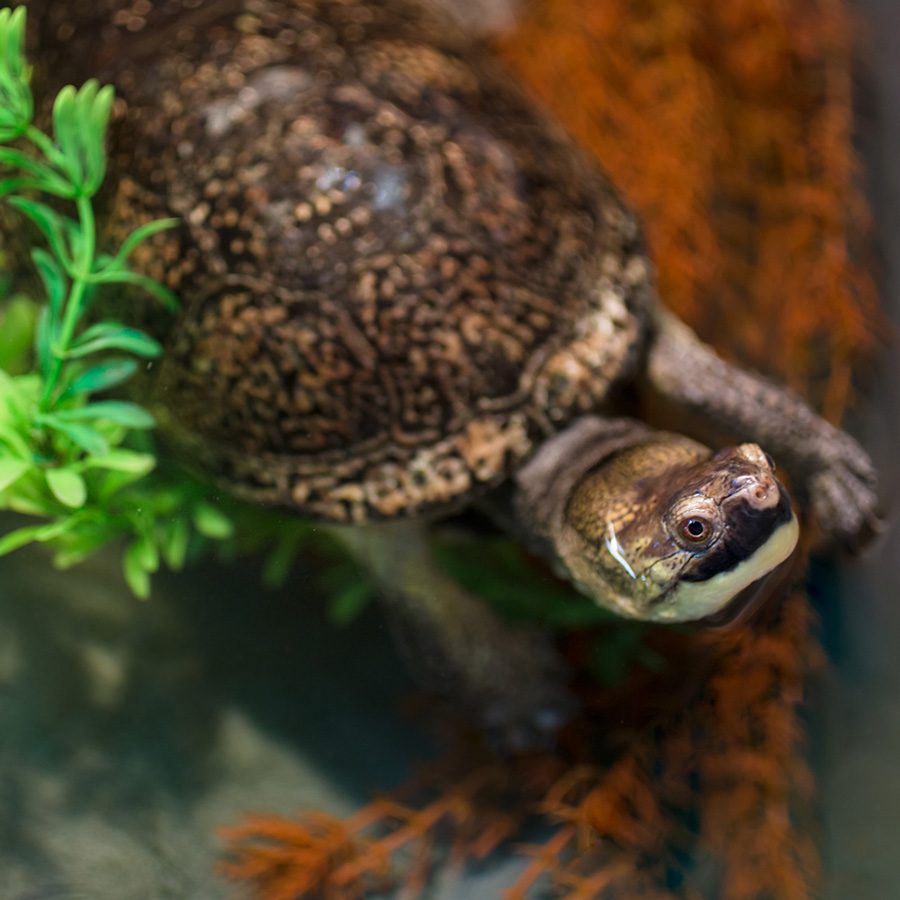
Illinois Endangered Reptile
Due to illegal capture, loss of habitat, predation, and vehicle and fishing accidents, this once-numerous local resident is now struggling to survive. Your donations will help Cosley Zoo and its local partners, like The Forest Preserve of DuPage County, in efforts to rear young turtles for release and improve the quality of their natural wetland habitat. Donations will fund continued research and purchase food and equipment vital to the long-term success of this project.
CONSERVATION TEAM
Cosley Zoo’s Conservation Team meets monthly to further conservation efforts within the zoo and the community. They are responsible for planning and implementing the zoo’s chapter of the FrogWatch USA citizen science program, organizing Adopt-a-Stream and other local clean-up events, maintaining the zoo’s rain barrel, and creating conservation awareness messaging on zoo grounds and social media, amongst other initiatves.
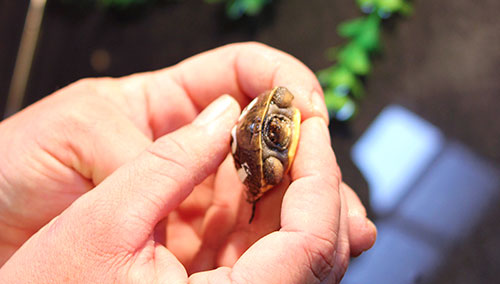
GOING GREEN IN THE GIFT SHOP
We are proud to be able to offer several eco-friendly items for purchase in the Wild Side Gift Shop! These include 4Ocean bracelets made of recovered plastic from the ocean, reusable drink cozies made from plastic water bottles, reusable metal straws, plush animals made from recycled materials, and animal figures carved from tagua nuts that look like ivory but are animal-safe.
SAFE SPECIES
In 2015, the Association of Zoos and Aquariums introduced a new initiative called AZA SAFE: Saving Animals From Extinction. The program was designed to allow the wildlife experts at AZA-accredited zoos and aquariums and their nearly 200 million yearly visitors to work together to help the world’s most vulnerable species. Since its inception, SAFE has established projects for 25 species or groups of species, and in 2019 alone contributed $230 million to conservation efforts. Cosley Zoo is proud to be a collaborator on four of the SAFE species projects.
IN THE FIELD
BLANDING’S TURTLE HEAD START PROGRAM
Cosley Zoo is proud to partner with the Forest Preserve District of DuPage County, as well as the Peggy Notebaert Nature Museum, Brookfield Zoo, and St. Charles Park District, in this program which works to help increase the wild population of Blanding’s turtles (Emydoidea blandingii) in Illinois.
Blanding’s turtles are medium-sized semi-aquatic turtles whose distribution is concentrated around the Great Lakes. Their population has been declining in recent years due to the loss of available wetland habitat. In addition, increased pressure from predators has caused a decrease in the number of turtles surviving to sexual maturity (15-20 years of age). In 2009, Blanding’s turtles were added to the endangered species list in Illinois.
The Head Start program aims to increase the number of Blanding’s turtles surviving long enough to reproduce. The Forest Preserve District of DuPage County collects gravid (pregnant) turtles from the wild and houses them until they lay their eggs. After the eggs hatch and the young turtles are off to a good start, some of them are raised by Cosley Zoo staff for about a year. The turtles are reared at an accelerated rate, so that when they are released back into a DuPage County wetland, they are larger than a wild turtle of the same age and should be less vulnerable to predators. The young Blanding’s turtles are not on display at the zoo in order to minimize their exposure to humans, but we do have an exhibit containing adult Blanding’s turtles which can be viewed by the public seasonally, as well as a live video feed of the turtle rearing area.
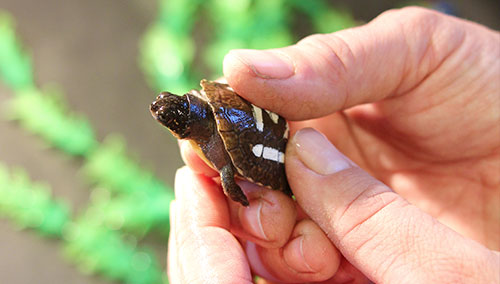
Cosley Zoo participates in several conservation initiatives on an ongoing basis, including a program to save the Blanding’s turtle.
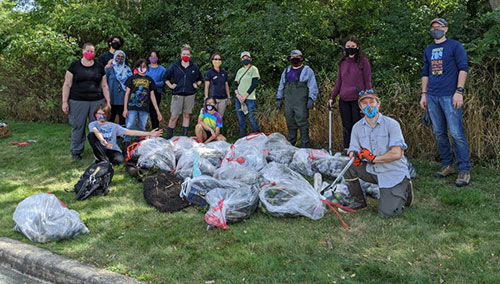
ADOPT-A-STREAM
Cosley Zoo is pleased to have joined the Conservation Foundation’s Adopt-a-Stream program. By organizing clean-ups of our adopted section of Winfield Creek twice a year, Cosley Zoo helps to keep our local waterways free of debris. Visit https://www.theconservationfoundation.org/rivers-streams/dupage-river-watershed/ to learn more, or join us on our next clean-up!
COMMUNITY CONSERVATION
Cosley Zoo staff is proud to have participated in several restoration workdays hosted by the Forest Preserve District of DuPage County, helping to restore native ecosystems through tasks such as the removal of invasive plant species. Visit https://www.dupageforest.org/ to learn how you too can get involved in helping to preserve the natural spaces in your community.
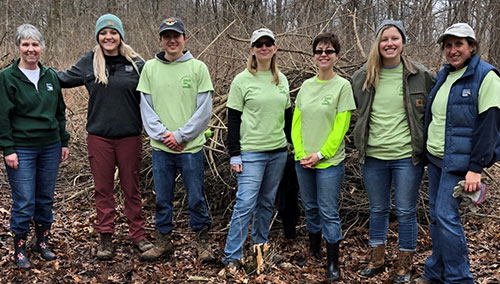
AT HOME
Citizen/Community Science
GREAT BACKYARD BIRD COUNT
Each February, zoo staff offer a training in backyard bird identification for participation in the Great Backyard Bird Count (gbbc.birdcount.org). Participation is quick and simple, requiring individuals to monitor bird populations anywhere in the world, including their own backyards, for a minimum of 15 minutes, and then submit the results online. This data provides scientists with valuable information about wild bird populations.
The 2024 Great Backyard Bird Count will take place February 16-19.
For questions about the program, please e-mail [email protected].
FrogWatch USA™
Do you have an interest in Frogs and Toads? Become a FrogWatch USA™ Volunteer!
You do not have to be a frog or toad expert to be a FrogWatch USA™ volunteer! All you need is:
- An interest in frogs and toads
- A willingness to participate in a volunteer training session at Cosley Zoo, your local FrogWatch USA™ Chapter
- A commitment to monitor a wetland site for 3 minutes multiple evenings throughout the breeding season (February-August).
Cosley Zoo’s FrogWatch USA chapter offers a public training session each spring. Join us (virtually) on March 10, 2024, from 3-5P.
Book online now! For questions about the program, please e-mail [email protected].
FrogWatch Cosley Zoo is a local chapter of FrogWatch USA, a citizen science program, managed by Akron Zoo, that invites individuals and families to learn about the wetlands in their communities and help conserve amphibians by reporting the calls of local frogs and toads.
FrogWatch USA volunteers play an important role in amphibian conservation. Over 2,000 amphibian species are currently threatened with extinction and many more are experiencing sharp population declines. This alarming trend may be a sign of deteriorating wetland health because amphibians can serve as indicator species.
To learn more about amphibian conservation and FrogWatch USA™ click here.
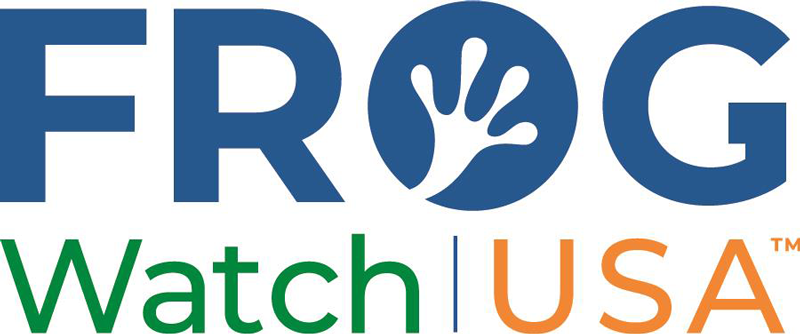
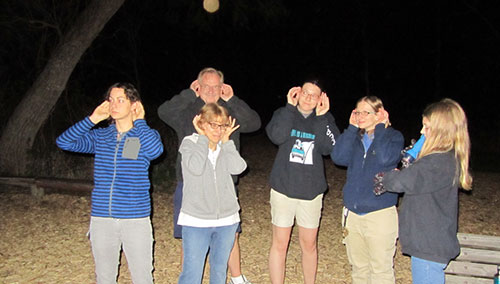
Volunteers listen for frog calls at a local wetland
Help Native Wildlife From Home
Endangered species are not just found in distant places – some live right here in Illinois! The following species are endangered in Illinois, but there are things you can do to make a difference! With a little effort at home, you can help protect locally endangered species, and all native Illinois species – even small actions can have a big impact!
- Short-eared owls are important predators of small rodents. These are the only Illinois owls to nest on the ground, and you can help protect them by walking your dog on a leash in nature preserves so their nests are not disturbed. They are also threatened by habitat loss, so supporting restoration of prairie habitat can bring more of these birds to Illinois.
- Reduced wetland habitat has negatively impacted the black-crowned and yellow-crowned night herons. Sign up for a wetland restoration workday and help improve the habitat for these birds.
- Snakes like the massasauga are important components of ecosystem health, helping to control rodent populations. Avoid using rodent bait at home to prevent contamination of the snake’s food source. In addition, rattlesnakes are often killed by humans who are afraid of being bitten. By learning to peacefully co-exist with snakes like the massasauga, you can help prevent their unnecessary elimination.
- The Hine’s emerald dragonfly depends on pristine wetland areas. Help protect your local water supply by minimizing the use of lawn chemicals, recycling used car oil, and properly disposing of paint and other toxic household products.
- The Karner blue butterfly serves an important role in the ecosystem by pollinating flowers. By planting a butterfly-friendly garden full of native plants at home, you can help all of Illinois’ endangered butterfly populations.
- Like all amphibians, the spotted dusky salamander can absorb water through its skin, so it needs to live in clean water to thrive. Participate in a stream clean-up and avoid polluting to help maintain clean water for all amphibians.
- The gray bat can eat nearly 3000 insects a night, including disease-carrying mosquitos, but overuse of pesticides can poison their food supply. You can help protect bats by reducing the amount of pesticides you use at home. Additionally, grey bats live in caves year-round, and are vulnerable to human disturbance, so it is important to follow rules put into place by the U.S. Fish and Wildlife Service when visiting or exploring caves.







